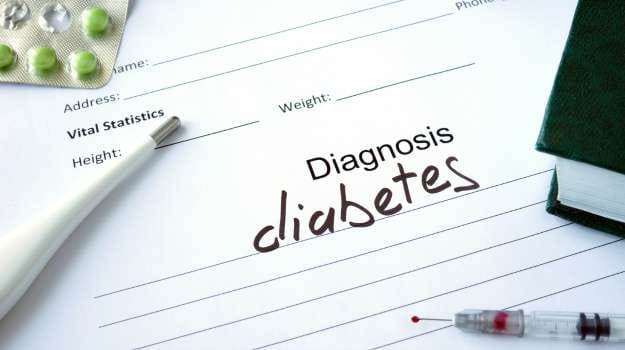Diabetes mellitus is a kind of metabolic ailment wherein either the body is incapable of producing insulin or the cells are not able to respond to insulin efficiently, leading to high blood glucose in the body. Obesity is one of the main causes of diabetes apart from other lifestyle factors. What was once majorly perceived as a western phenomenon has now crept deep into Asian lifestyles.
"Diabetes, perhaps more than any other disease, is strongly associated with the western diet, as it was uncommon in cultures consuming a 'primitive diet'. However as cultures switch from their native diets, to the foods of commerce; their rate of diabetes increases eventually reaching the proportions seen in the western societies. However, what's alarming is the fact that India is home to 63 million diabetics and the number is estimated to be 100 million by 2030," noted weight management, fitness and nutrition expert, Shilpa Arora.
According the official WHO estimates, the total global diabetic population in the year 2000 stood at 171,000,000 which is estimated to spike up to a whopping 366,000,000. India had an estimated 31,705,000 diabetics in the millennium year which is estimated to grow by over 100% to 79,441,000 by 2030. According to the International Diabetes Federation Atlas 2015, an estimated 69.2 million Indians are diabetic, which as per the WHO assessment, stood at 63 million in the year 2013. The estimates depict that diabetes prevalence has alarmingly doubled and so far has grown by over 100% in the past 15 years.
Ahead of the World Health Day, WHO has urged all South Asian countries to take "vigorous and concerted" actions to battle the ever increasing prevalence of diabetes in the region. According to the global health organization, diabetes has the potential to become one of the largest killer diseases by the year 2030. "Diabetes is of particular concern in the region. More than one out of every four of the 3.7 million diabetes-related deaths globally occur in the Region, while its prevalence exacerbates difficulties in the control of major infectious diseases such as tuberculosis," noted Regional Director, WHO South-East Asia, Ms. Poonam Khetrapal.
Number of diabetes deaths in India between the age of ages 30-69 is 79,500 in males and 51,700 in females. Henk Bekadam, WHO representative to India recently shared his opinion on how India could prevent or delay diabetes through "population-based interventions such as regular physical activity and maintaining a normal body weight."
"Simple lifestyle measures have been shown to be effective in preventing or delaying the onset of type 2 diabetes; achieve and maintain healthy body weight; be physically active; eat a healthy diet; and avoid tobacco use." He also suggested that there is a need to help people step up and get them screened for diabetes as close 96 million people who suffer from it, don't know they have it.
"Early screening, increased access to health care services, affordable diagnosis and treatment and patient empowerment for self-management are also vital components of the control of diabetes," concluded Bekadam.
This year World Health Day will be celebrated across the globe on Thursday, 7th April, the central theme being 'Beat Diabetes'.Inputs from IANS, PTI and WHO diabetes country profiles






